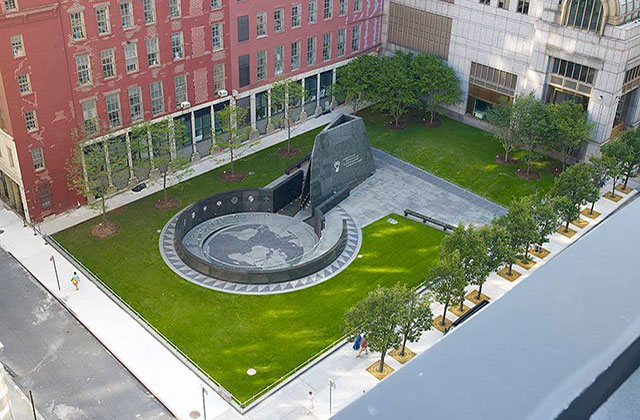This year marks 400 years since the arrival of the first African in 1619, as an enslaved person, to what would eventually be called the United States. Where better to honor those ancestors then at the June 15 annual Pinkster Celebration? The religious holiday “is recognized as the oldest [Black] holiday of the United States, celebrated since the colonial period,” according to the National Park Services (NPS), and has African influences, from the Bantus of Congo and Angola, that dates back to the 17th century.
Pinkster, originally a Dutch solstice holiday that was brought to the colonies during the 17th century, eventually evolved into a primarily Black celebration that offered enslaved and freed families in the North an opportunity to reunite and share important African traditions, especially for those born in the colonies, according to NPS.
The Pinkster party had a good run until the 1900s when, as NPS explains, it was forced to end because of White fear.
rnt
After the mid-19th century, the celebration of Pinkster was discontinued in New York after its elevation in popularity struck a fearful cord in the white political leaders of the time. The potentiality of a revolt that would need to be suppressed caused the white community to feel obligated to bring its annual observance to an end. It was not until the 1970s that efforts were made to revive this tradition, such as at the Phillipsburg Manor House in Sleepy Hollow, New York where an annual recreation is observed.
In collaboration with the African American Pinkster Committee of New York, the commemoration will take place at the sacred African Burial Ground National Monument and will feature ritual, such as the pouring of libations, reading of proclamations and the laying of flowers on the burial mounds. Lectures, music and performances will also take place.
